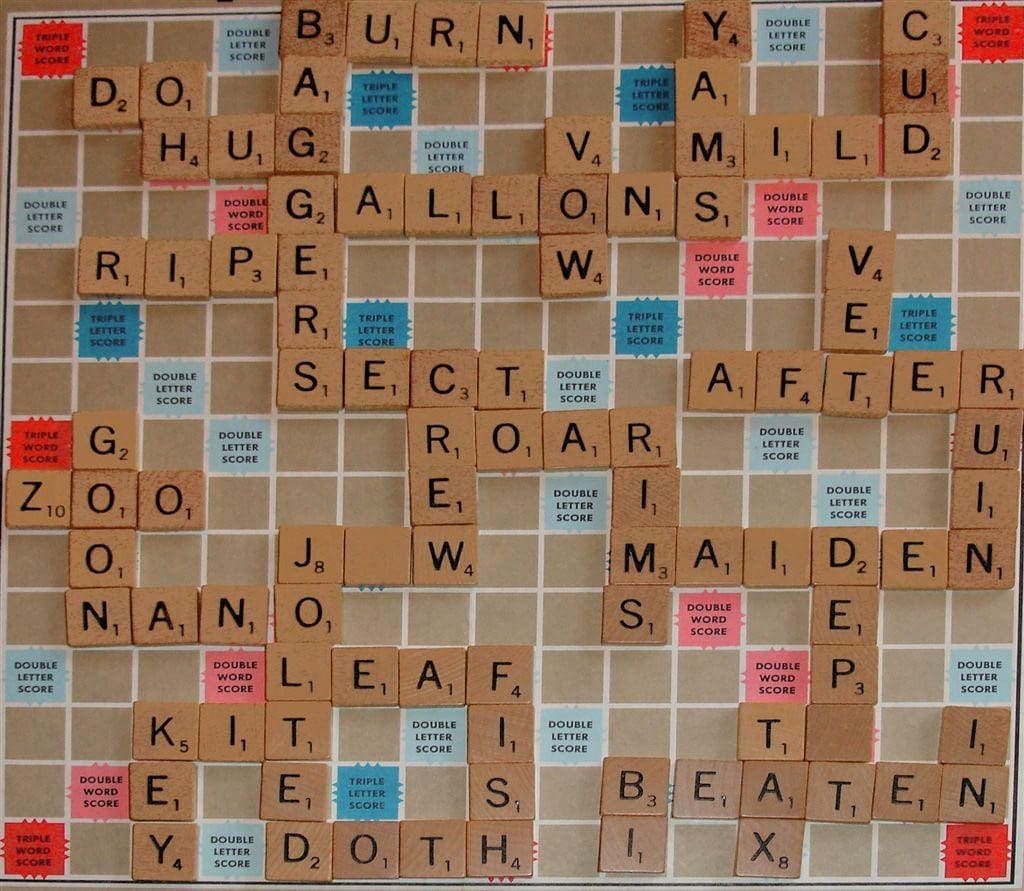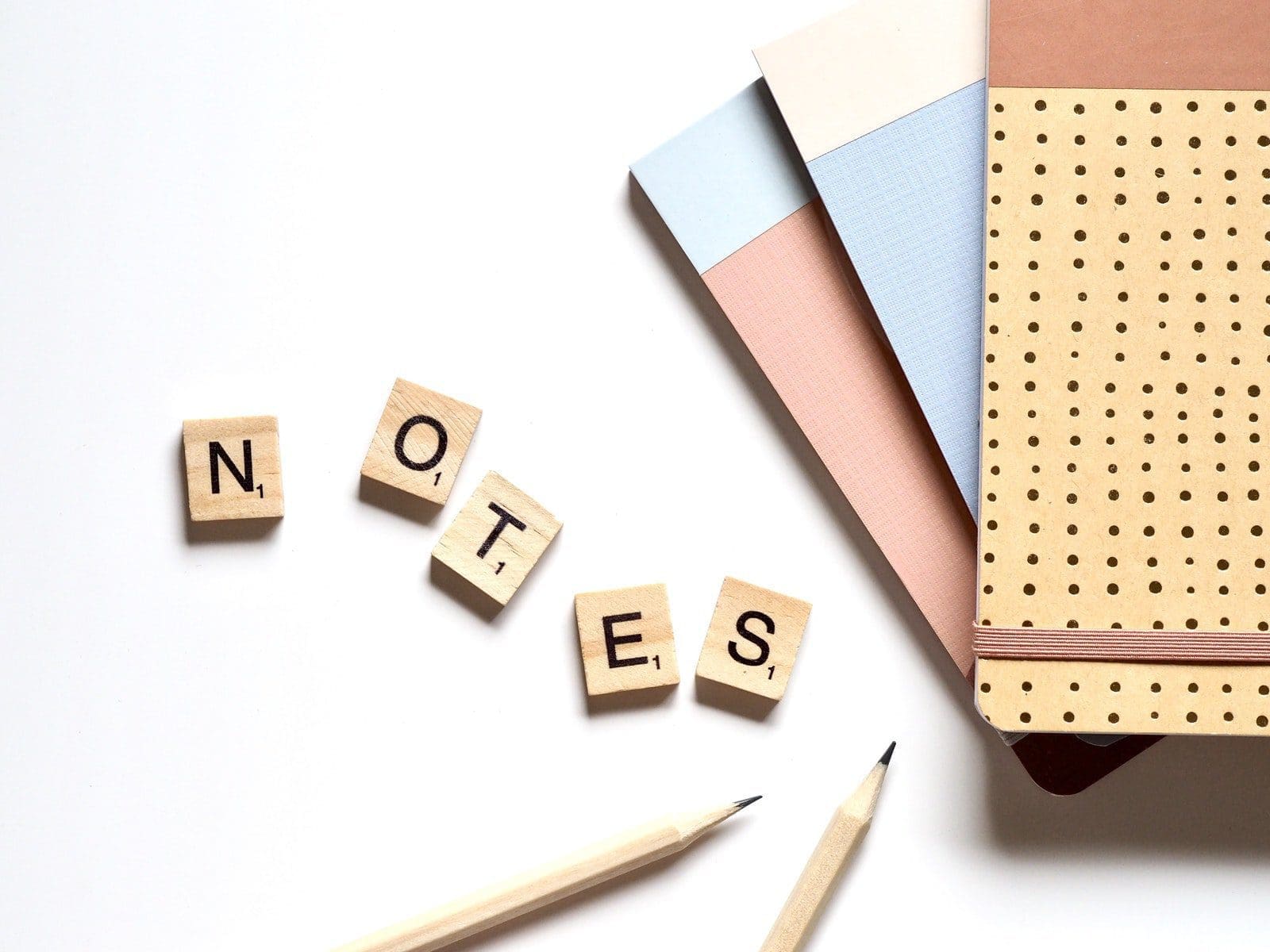
With various demands of exam preparation and fast-paced coursework, it can be difficult for professors to make time for purposeful recreation in a classroom environment. However, there are a variety of ways teachers might consider incorporating language play into the classroom or throughout the day to assist kids to deepen their linguistic skills. Meaningful play encourages students to expand their knowledge and be able to leverage and develop their critical vocabulary in unexpected ways.
Learning and expanding one’s vocabulary does not have to be a chore. Instead, allowing and encouraging pupils to experiment with language can increase their engagement. This type of play not only keeps the kids engaged but also helps them learn new phrases more precisely.
Children can also explain misconceptions via back-and-forth cooperative play without the fear of being judged or singled out. Certain strategies can be adopted to make such an activity in a classroom feel natural.
Examine Non-examples of Lexicon
To come up with unique and imaginative non-examples, make the pupils play word games or hold mock competitions and ask them to explain their rationale. For instance, an acute angle could resemble a partially closed door but cannot resemble a cloud.
For each term presented, ask your students to explain the difference between the actual word and the non-example they came with. This descriptive system will help them expand their vocabularies and improve their ability to relate one issue to another.
Online Resources for Vocabulary
While extensive debate and interaction are the best ways to improve vocabulary, there also exist several online tools that help with frequent interactions and knowledge of specific terms. Teachers may help children see relevant and irrelevant words as opportunities to play by using tools like a word generator to generate words.
Tools like this allow them to explore how words correlate. This will also help them generate new word combinations when playing word games. This strategy can also benefit learners who perceive better visually, since it allows them to combine lexical items, or semantic features, with a visual world of how a word relates to another.
These resources can be used in a variety of ways and for a variety of purposes. You can use this as a basic comprehension aid by asking students to consider the terms that emerge the most frequently as themes or categories from a text or to argue whether a topic is more essential than its presence suggests. This will also show students which terms are more closely connected and which are less directly connected, and it can be a wonderful tool to help kids grasp synonyms, antonyms, and intermediate words.
Draw Guessed Meanings
Have children sketch what they envision for the terms unplayed when practicing with prefixes and suffixes. Assist students in determining why their images are relevant to the idea and how they alter the word.
For usage with kids of various grades, word games can be made difficult or easy. When learning how to manage the plural, for instance, younger pupils can attempt sketching waks (the plural for wak, an unidentified creature). Older pupils can concentrate on procedural words like bed-ation and explain why they are ridiculous.
Vote using their Feet
We do not have to see language study and practicing as physically stationary activities. When proposing synonyms, for instance, have children assess how intensely they see a term on a magnitude scale and then travel to one or the other end of the classroom to vote on the level with their feet.
On a scale of 1 to 5, children might rank dissatisfied as a 1 and furious as a 5. When their evaluations vary, they can talk about it and dispute them, and if they want to, they can adjust.
It does not need to be a hassle to help youngsters expand their vocabulary. With an innovative mentality and a willingness to try new things, we may use play to teach and broaden students’ understanding.
Rather than being a waste of time, these interactions might encourage pupils to discover that experimenting with words can be fun. They might even notice links between their communicative language play, for instance, cracking jokes at home, and their activities in the classroom.
Learn New and Important Skills
Students can pick up a range of useful skills. They can learn various skills via playing games, including critical thinking, inventiveness, cooperation, and fair play. Students’ aptitude to employ circumlocution improves considerably when they play word games.
Conclusion
“Why play word games during a class?” some individuals may query. It is critical to communicate the importance of game participation to one’s self, pupils, coworkers, parents, and others. Children may be able to grasp a new concept, adopt a new viewpoint, or explore alternative possibilities or circumstances by playing word games.

Love these word games, especially scrabble! It really helps in broadening the vocabulary of the students.